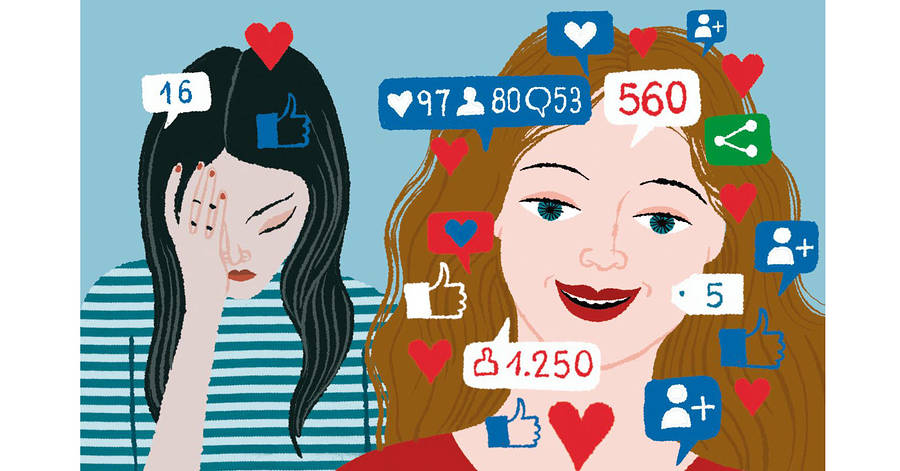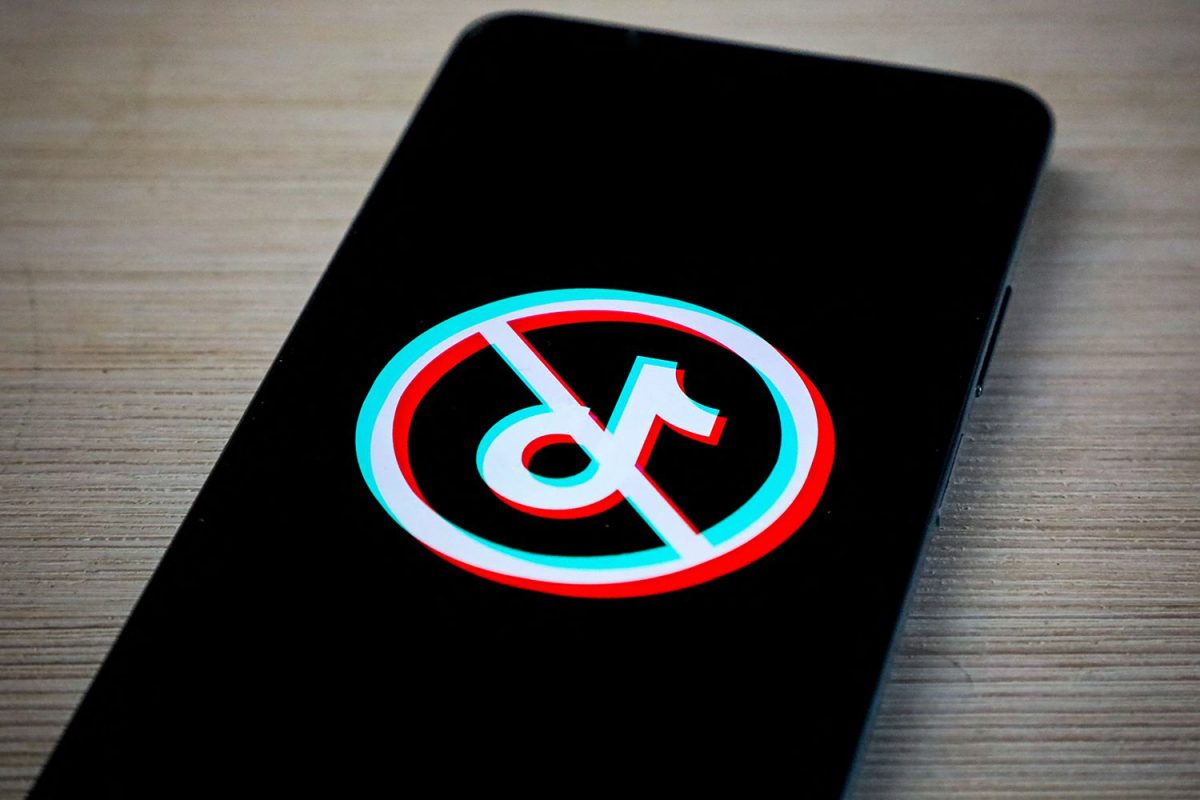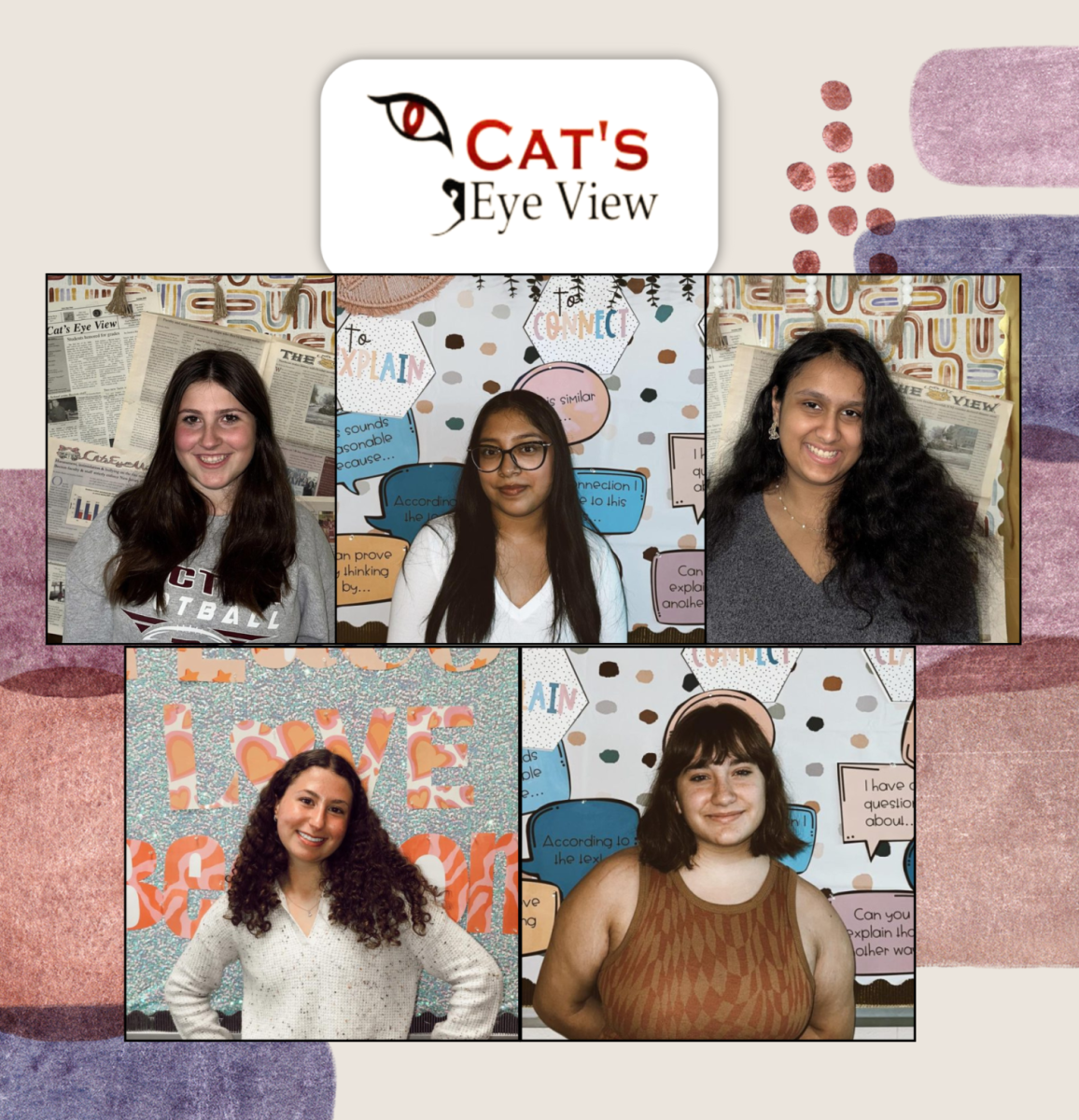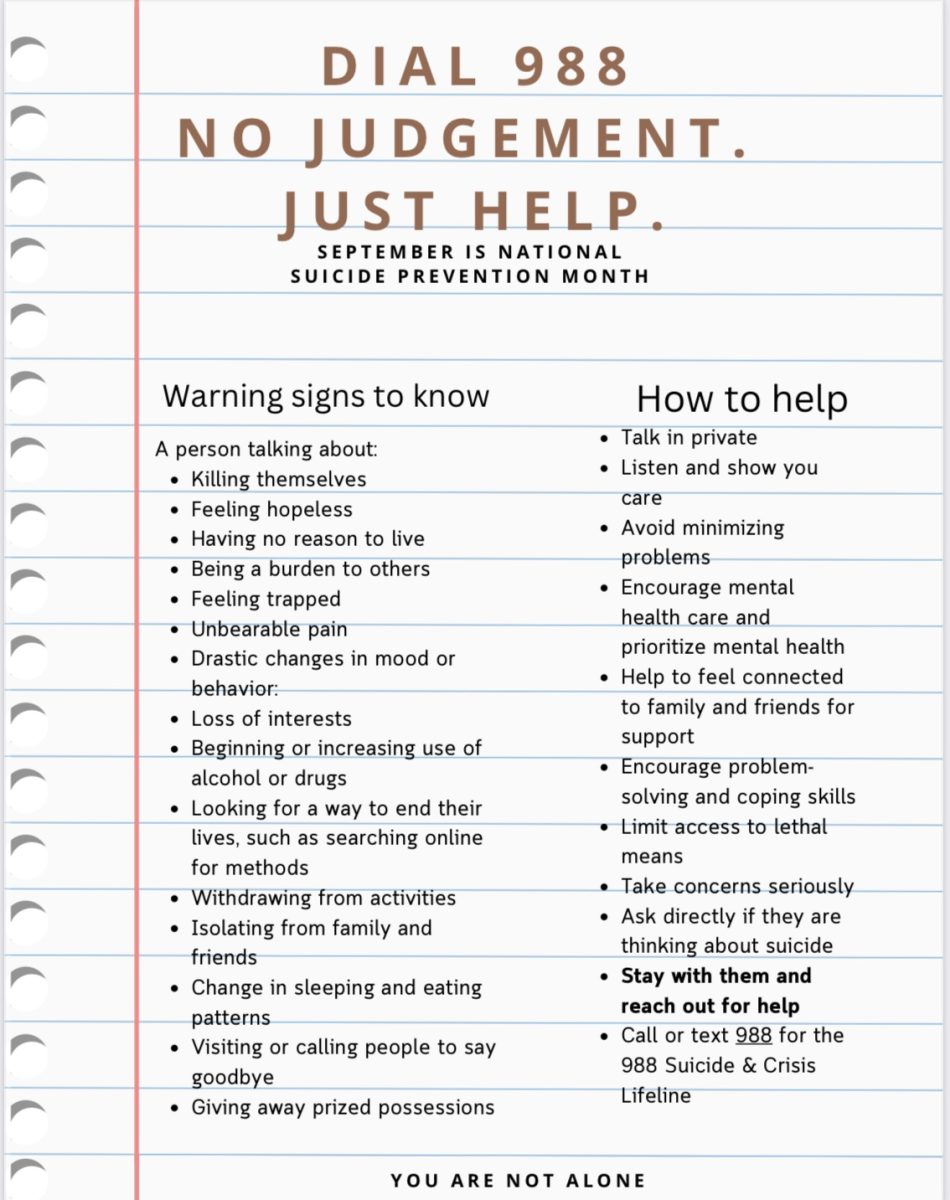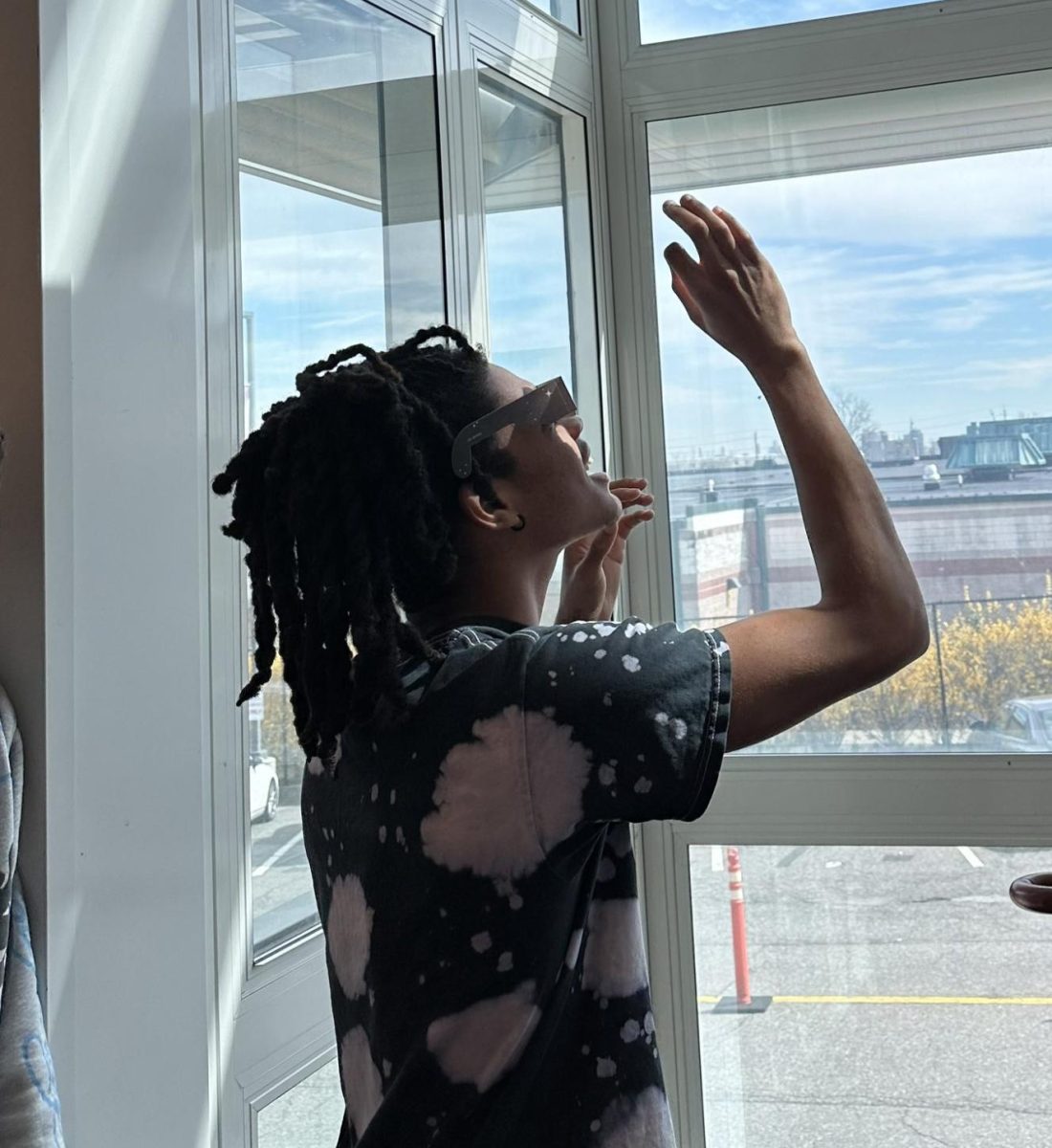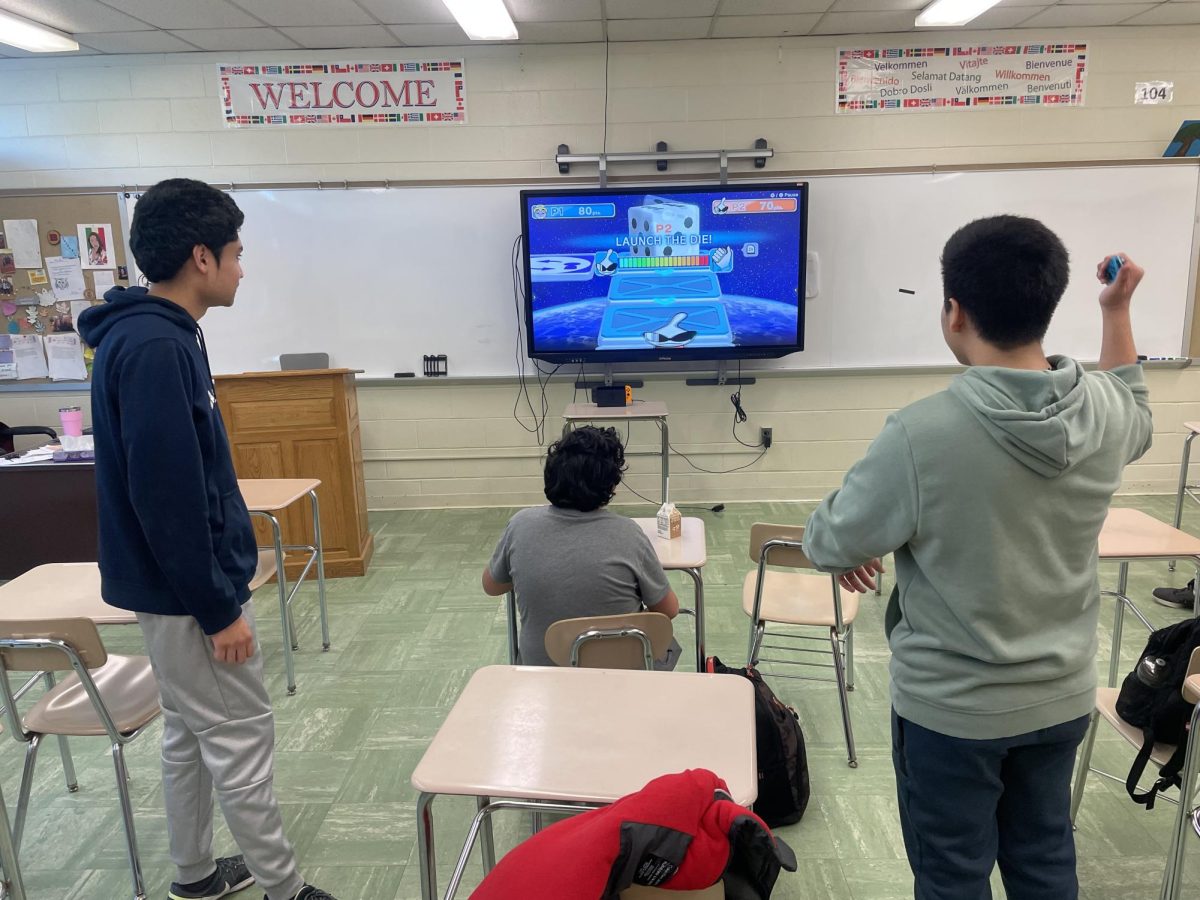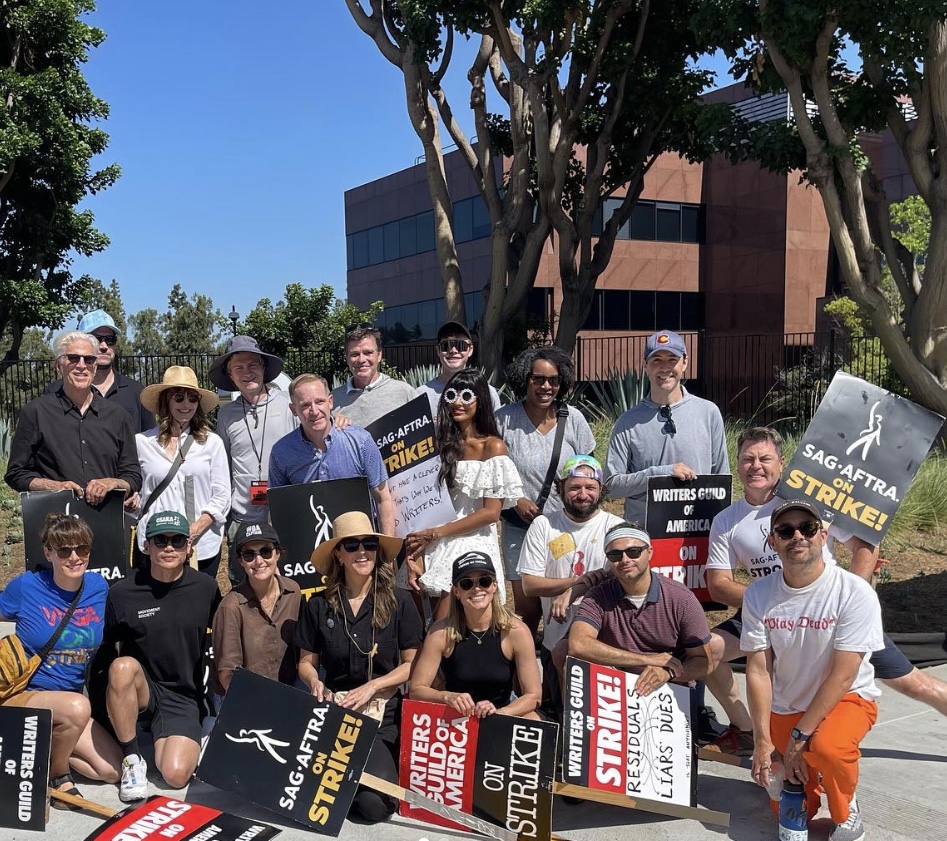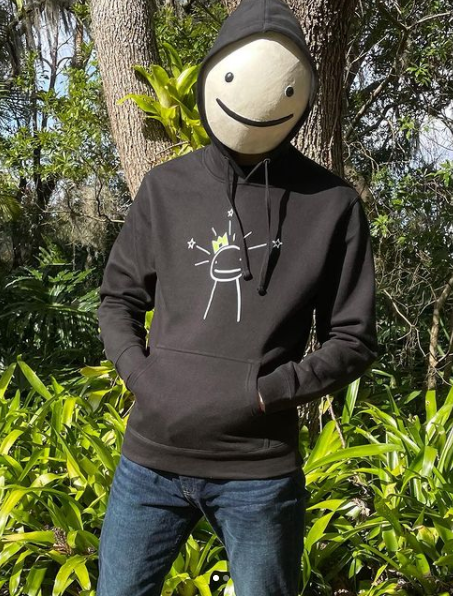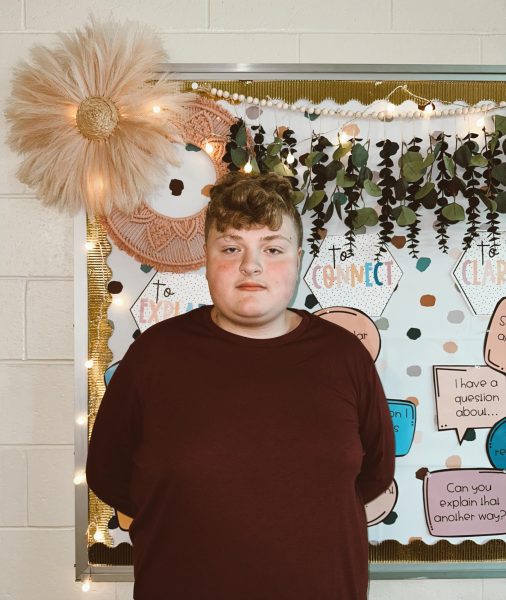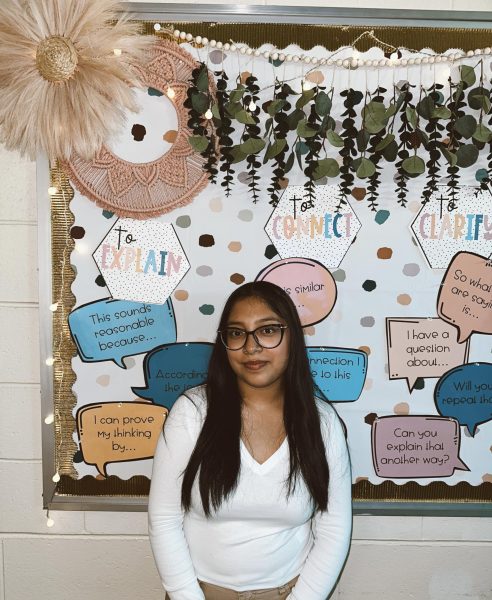Social Media is a huge part of our culture, and it is becoming more popular over time. According to the Pew Research Center, “69% of adults and 81% of teens in the U.S. use social media.” There has been a lot of contention over whether or not teens should be able to have access to social media due it’s tremendous influence.
Social Media originally existed to help users connect digitally with friends, colleagues, family members, and like-minded individuals they might never have met in person. Created in 1997, it was called “Six Degrees.” According to Britannica, “SixDegrees.com claimed to have attracted more than three million users by 2000, but failed to monetize its popularity into revenue.” This was only the first step, as it has opened new opportunities for various major social media platforms which now possess global attention.
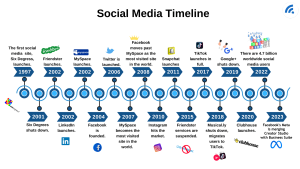
Current Main Social Media Platforms:
- Facebook: Created 2004
- Reddit: Created 2005
- Youtube: Created 2005
- Twitter: Created 2006
- Pinterest: Created 2010
- Instagram: Created 2010
- Snapchat: Created 2011
- TikTok: Created 2016
Social media lets teens create online identities, chat with others, and build social networks. This can help all teens, but especially ones who are looking to connect with an audience. Let’s look into some of the benefits of social media for teens:
- Sense of community
- Offering support
- Building relationships
- Brand reputation
- Driving traffic to your business
- Sharing your expertise
- Educational purposes
- Influencer opportunities
However, there are many negative effects that social media may have. Here are a few:
- Distraction from homework, exercise, and family activities
- Disrupt sleep cycle
- Lead to the spread of incorrect information
- Expose teens to online predators
- Expose teens to cyberbullying
- It may lower self-esteem and make teens want to compare themselves to others
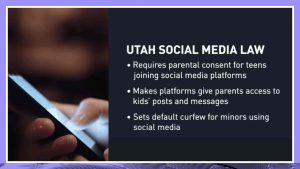
In fact, the state of Utah has taken action with the Utah Social Media Regulation Act. Last year, it became the first state in the country to ban people under 18 from using social media without consent from a guardian. Parents must also have full access to their child’s account. Utah also advises parents to create a default curfew setting, restricting minors from using a social media account from 10:30 p.m. to 6:30 a.m. (Source: socialmedia.utah.gov/)
Other states like Florida have followed in Utah’s steps in order to protect our youth from the dangers of social media. Florida lawmakers advanced a bill that would prohibit anyone under 16 from creating a new social media account, and it requires platforms to delete existing accounts held by minors under 16. One Florida lawmaker, Fiona Mcfarland, shares her concern, “These dopamine hits [from social media] are so addictive, it’s like a digital fentanyl.”
There are distinct opinions on this issue from the stuents at Becton, who commented on the banning of people under 16 from using social media. Student Julia Bubendorf shares her input, “On paper this is a great idea. Less social media usage means lower teen suicide rates, less cyberbullying, less body-shaming, etc. However, I think the child would feel left out from things happening in the world after entering higher grades like middle school where people start to care about social media. It’s not a terrible idea. But really, I think that the decision should be left up to parents.”
On the other hand, some Becton students were in full support of the new possible law, such as Tenzin Gungpa who said “I do not mind it. I think it may help the generations focus on themselves and not on social media nonsense.” Respondents also echoed this viewpoint due to social media’s harmful effects, such as Lucas Lin, who said, “It is easily distracting and makes me spend more time on my phone than what’s important.”
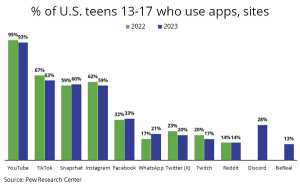 In the survey, respondents provided information on the number of hours they spend on social media per day, with responses ranging from as little as one hour to as much as eight hours. According to the latest available data, “teenagers spend 7 hours and 22 minutes per day in front of screens. That equates to 43% of a teen’s waking hours. And sits at 8 hours 39 minutes as of 2021.” Bubendorf attests, “Social media is definitely distracting. I get sidetracked incredibly easily because of my social media usage. Usually it takes a family member reminding me to get me on track.”
In the survey, respondents provided information on the number of hours they spend on social media per day, with responses ranging from as little as one hour to as much as eight hours. According to the latest available data, “teenagers spend 7 hours and 22 minutes per day in front of screens. That equates to 43% of a teen’s waking hours. And sits at 8 hours 39 minutes as of 2021.” Bubendorf attests, “Social media is definitely distracting. I get sidetracked incredibly easily because of my social media usage. Usually it takes a family member reminding me to get me on track.”
Most respondents also emphasized that their families do not have, or have very few, household regulations regarding social media other than “do not use your phone at the kitchen table” and “do not stay up too late on your phone,” or the advisement to “use social media responsibly,” “do not let it get in the way of your school work,” or “do not post about your private life or ever share your honest opinion publically!”
Nontheless, social media can be useful, as Mr. Ryan defends his preference of Instagram, “It helps me keep up with current events and it’s entertaining when I’m relaxing.” In agreement, Lin shares that Instagram is also his favorite app, “I like Instagram because I can easily keep in touch with my friends and reach out to new people.” Similarly, Gungpa has a particular platform which he gravitates to, “ I prefer YouTube because it is user-friendly and it is very educational if used correctly.” Additionally, many favor the popular app TikTok, like Andi Passley who looks to the social media platform as a “place to digress, find outfits, learn new recipes, talk to my friends, and look at funny videos!” Despite the favorites, to many, social media is used for enjoyment, as Bubendorf defends, “It is simply just fun!”
Overall, there are positives and negatives to social media and the impact that it can have on our youth. Growing alongside technology, it is vital to try and understand it as best we can. Nonetheless, how one views and goes about the usage of social media depends on the user; however, this is a topic that families should discuss healthy bounadries for as well.
Sources:


